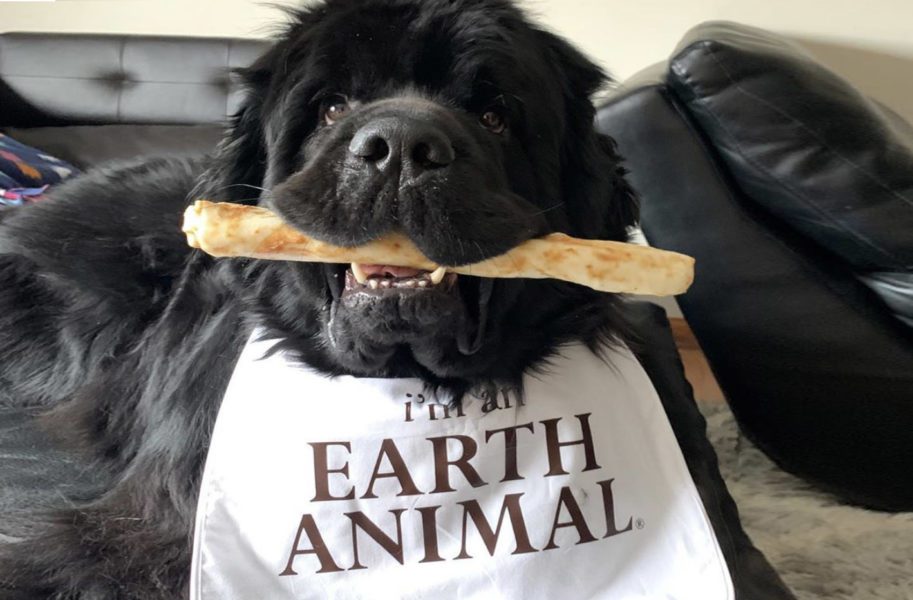Just like people, as animals age, they will become more susceptible to disease. Some common diseases in older animals include kidney disease, urinary tract disease, and heart disease. There are several symptoms to watch for and bring to your veterinarian’s attention, but it can be confusing as some of the symptoms overlap, may not appear very obvious, or may not show up at all. In general, though, keep an eye out for these common symptoms and make sure you get them checked by your veterinarian sooner rather than later. And, make sure your senior pet is having at least twice yearly veterinary check-ups to keep ahead of these age-related illnesses.
• Heart Disease – According to the American Veterinary Medical Association, the most common signs of heart disease in older animals include coughing, vomiting, decreased appetite, difficulty breathing, and a limited ability to exercise. Leaky heart valves or heart muscle dysfunction caused by degeneration over time are the usual culprits for heart disease in older animals (seniorpaws.vet). Your veterinarian will test for heart disease with x-rays, ultrasound, and/or ECG. If detected early, heart disease can be mediated with medicine and diet. Early detection and treatment are key, however.
• Urinary Tract Disease – Weakness, blood in the urine, increased incontinence, or straining to urinate are all common signs of urinary tract disease according to the American Veterinary Medical Association. Urinary tract diseases can include many different illnesses of the urinary tract, which includes the kidneys, ureters, bladder, and urethra (petmd.com). The illnesses can include infections, stones, and kidney diseases, among other ailments. If you notice your animal showing any of the above symptoms, schedule an appointment with your veterinarian as soon as possible. Depending upon the ailment, underlying cause, and severity, your animal may need medication or a special diet. You may also want to consider adding Earth Animal’s Urinary and Kidney Relief supplement to your animal’s diet. Its an organic herbal blend designed to normalize bladder and kidney muscle function and maintain kidney and bladder health.
• Kidney Disease – Part of the urinary tract, the kidneys are so important to your animal’s health that they get their own category of symptoms to watch for. The AVMA explains that symptoms of kidney disease in older animals include decreased appetite, increased thirst, sore mouth, vomiting, poor hair coat, and either decreased/no urination or increased urination. If your animal shows any of these symptoms, get to your veterinarian right away. Chronic kidney disease is asymptomatic in its early stages and by the time these symptoms appear, the disease has likely progressed significantly (vetmd.wsu.edu). Unfortunately, there is no cure for chronic kidney disease, but it can be managed with a specially formulated kidney diet as it progresses. Your animal will need to be monitored for additional interventions over time, such as medications or other drastic measures.
These are just three of the primary health concerns for senior animals. Read our additional posts on caring for aging animals for more information on how to keep your best friend healthy and happy through the challenges of the senior years.







